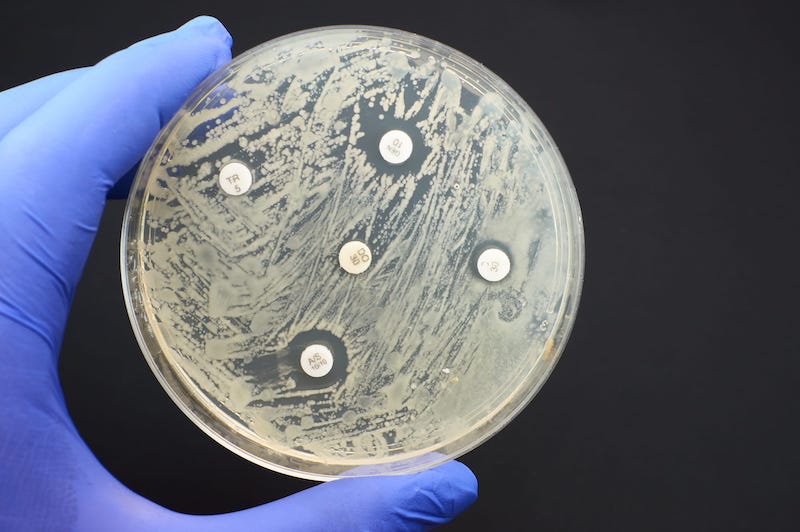High Methicillin-resistant Staphylococcus aureus (MRSA) infection rates, a type of staph bacteria that’s become resistant to many types of antibiotics, continue to fuel the antimicrobial resistance (AMR) global public health crisis.
“MRSA continues to be a major problem in U.S. healthcare facilities and greatly under reported,” says Jeanine Thomas, founder and national spokesperson for MRSA Survivors Network.The COVID pandemic has revealed that healthcare facilities were still not prepared, lacked sufficient infection control protocols and equipment, staffing and training which has been evident in epidemic levels of healthcare-acquired infections (HAI’s) in U.S. hospitals now for decades.
MRSA (methicillin-resistant Staphylococcus aureus) is the antibiotic resistant bacterium that has been a secret and silent killer in healthcare facilities and is at epidemic levels worldwide. The high MRSA infection rates are causing preventable deaths, pain and suffering, and leaving many patients permanently disabled, according to the MRSA Survivors Network. The most recent data has shown that healthcare-acquired infections in the U.S. have risen 30%> and in some states as high as 99% in the past two years.
The 12th Annual International MRSA Testing Week, held April 1 to 7, is a global awareness campaign and its slogan, “Prevention Saves Lives”, and draws critical attention for the need of healthcare facilities to screen upon admission high-risk patients, decolonization, and continue a surveillance program along with isolating of patients that are found positive with MRSA, strict adherence to hand hygiene with thoroughly decontaminating rooms and frequently touched surfaces throughout the facility.
Active detection and isolation (ADI) – screening and isolating MRSA-colonized or infected patients saves lives.
MRSA Survivors Network has produced a PSA for Int’l MRSA Testing Week with Mr. Rob Stafford, evening news Anchor for NBC Chicago and can be seen on YouTube.





